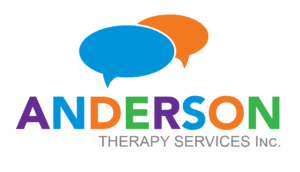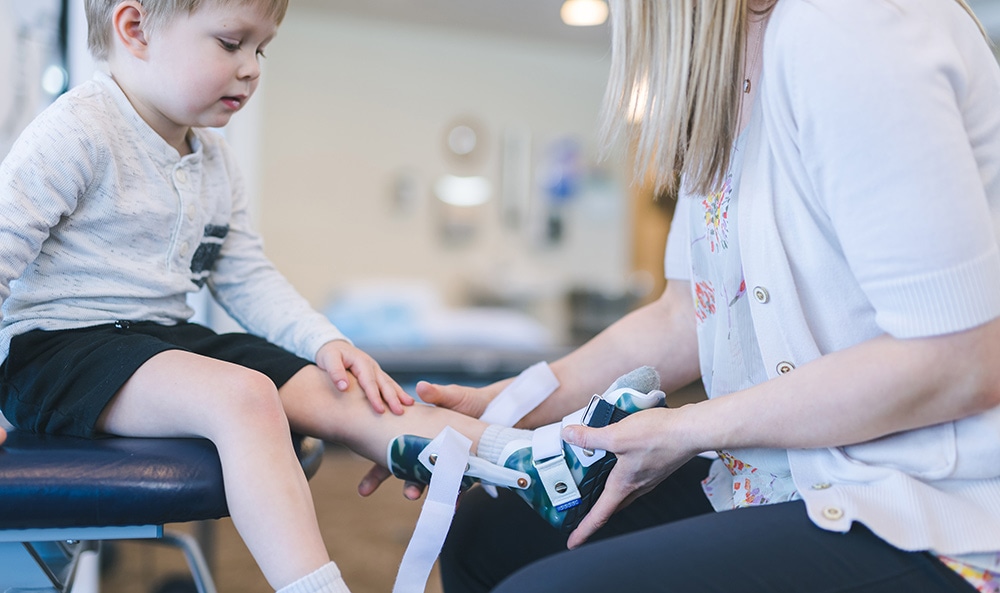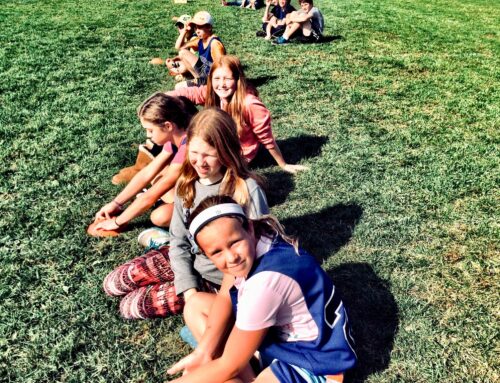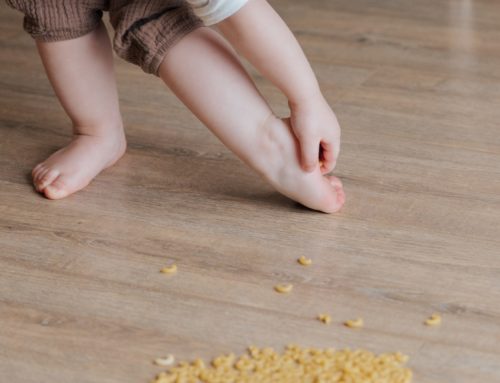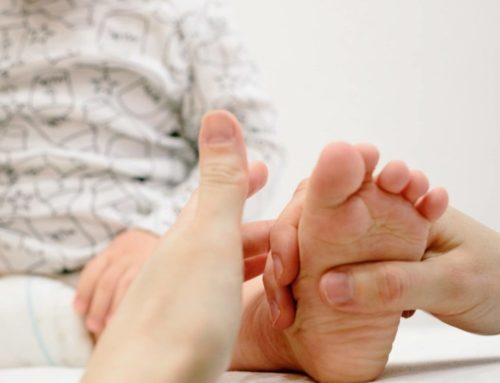Paediatric Physiotherapy in Hamilton, Burlington, & Nearby Areas
Low Muscle Tone
- Muscle tone means how much resistance there is, to movement in our muscles.
- Muscle tone is important because it helps us maintain good posture when we are sitting, standing, running, climbing, jumping and doing almost every activity.
- Muscle tone helps our bodies maintain the control and ease with which we do activities, and allows us to do activities quickly and easily, without getting tired.
- Sometimes when a child has low muscle tone, we refer to this as ‘difficulty with body balance’, as these children seem to be moving all the time, and have difficulty sitting still.
How to Recognise When A Child Has Low Muscle Tone
- The child may have difficulty maintaining good posture, when sitting or standing or doing many other activities. In class, they may have difficulty sitting upright and frequently appear to be leaning on the desk, or holding up their head with their hand, while leaning on the desk.
- Some children with low tone may also have difficulty keeping up with other children when they are running around in the playground or at gym.
- A child with low tone may have difficulty climbing on play structures in the park or playground.
- Children with low muscle tone may get tired quickly, with very minimal activity and show poor endurance, with many activities. It sometimes takes a lot of extra effort for a child with low tone to do simple activities, that we would normally consider as a very easy activity.
- Sometimes children with low tone may present with joints that can seem very flexible.
- Often children with low muscle tone, do activities very quickly, using momentum, rather than muscle strength and control.
- Sometimes children with low muscle tone show delays in their gross motor development, which means using the big muscles of the body (rolling to either side, sitting up from lying, crawling, walking, reaching, throwing, catching etc.) or fine motor skills (using the smaller muscles of the body).
- Further investigation maybe needed to determine the cause of the low muscle tone and sometimes the cause is described as “idiopathic”. This word means that we do not know what the cause is.
- Sometimes low muscle tone is diagnosed when the child is just an infant. But sometimes, it only becomes apparent that there is low muscle tone, when the child does not seem to be meeting all of his/her milestones, and there seems to be delays, compared to same aged children.
- If your child presents with any of the above noted, please speak to your doctor, nurse, nurse practitioner or physiotherapist. The physiotherapist may recommend some activities/ exercises to help with improving the tone and endurance, such as exercises to improve core strength, strengthen the proximal muscles, repetitive activities etc.
Contact Anderson Therapy today to learn more about our Paediatric Physiotherapy services and programs!
